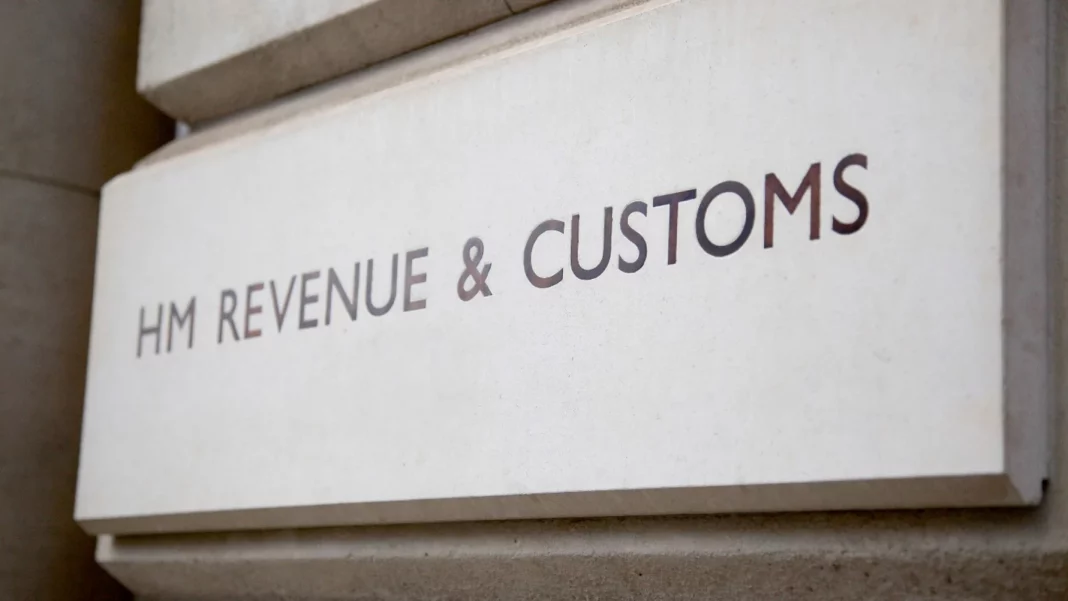HM Revenue and Customs is warning filling in Self Assessment tax returns to be on their guard following the Self Assessment deadline after more than 570,000 scams were reported to HMRC in the last year.
At this time of year, Self Assessment customers are at increased risk of falling victim to scams, says HMRC, even if they don’t mention Self Assessment. They can be taken in by scam texts, emails or calls either offering a ‘refund’ or demanding unpaid tax, thinking that they are genuine HMRC communications referring to their Self Assessment return. In the 12 months to January 2022, nearly 220,000 scams reported to HMRC offered bogus tax rebates.
Criminals target unsuspecting Self Assessment customers to try and steal money or personal information. They use phone calls, texts and emails to try and dupe citizens, and often mimic government messages to make them appear authentic. In January 2022, phone scams rose to 3,995 compared to 425 reported in April 2020.
Myrtle Lloyd, HMRC’s Director General for Customer Services, said: “If someone contacts you saying they’re from HMRC, wanting you to transfer money or give personal information, be on your guard. Never let yourself be rushed, and if you’re in any doubt then check our ‘HMRC scams’ advice on GOV.UK.”
HMRC gave customers an extra month to submit a completed tax return and if customers filed by 28 February 2022, they would avoid a late filing penalty. More than 11.3 million customers filed their Self Assessment tax return by 28 February, with more than 1 million of those taking advantage of the extra time by filing in February.
Customers have until 1st April to pay an outstanding tax bill or set up a Time to Pay arrangement to avoid receiving a late payment penalty. Interest has been applied to all outstanding balances since 1st February.
Customers can report suspicious phone calls using a form on GOV.UK. Customers can also forward suspicious emails claiming to be from HMRC to phishing@hmrc.gov.uk and texts to 60599.



